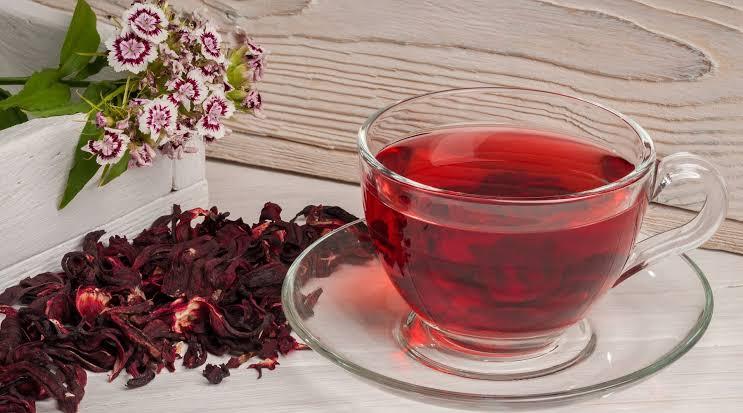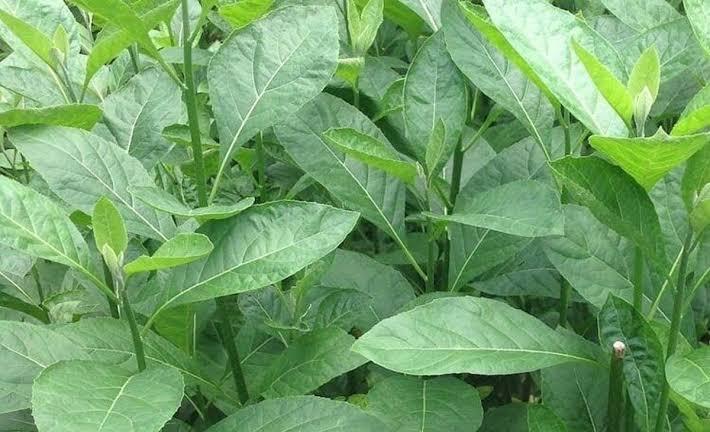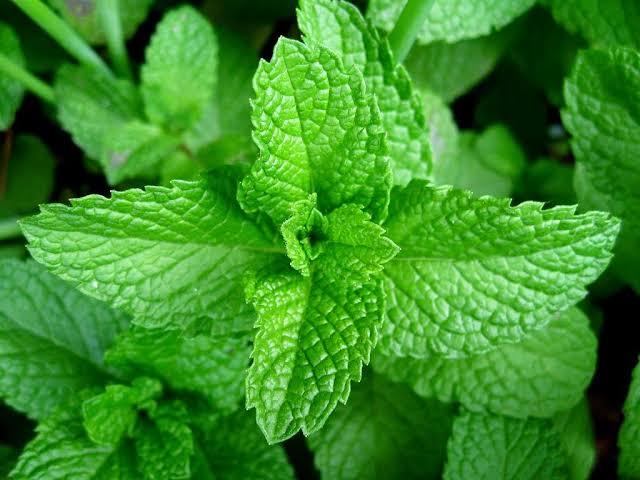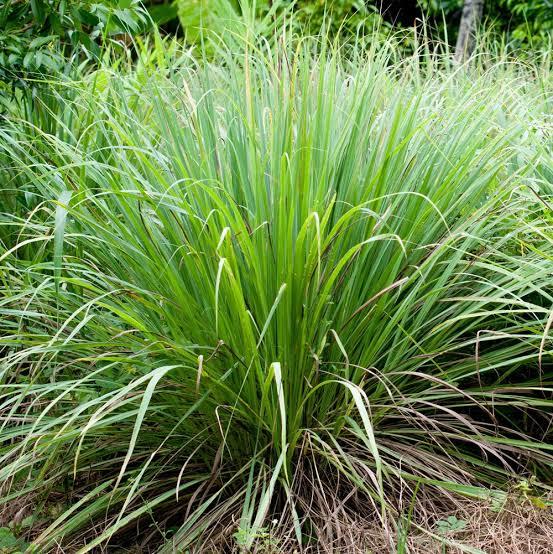

Blessed Continent
Africa is a blessed land. The continent is an abode of rich mineral resources as well forests filled with trees and a host of medicinal plants. We may not even know the health benefits of some of the plants we consume. To us they are mere food but these plants have more use to us than just a means to fill our bellies. For the purpose of this article, we will look at four plants used commonly in Nigeria and their health benefits.
Contents [hide]
BITTER LEAF (Vernonia amygdalina)

Bitter leaf is a very common plant that grows in sub-Haran Africa. Here in Nigeria, it is known by many names including onugbu (Igbo), ewuro (Yoruba), shuwaka (Hausa), oriwo (Edo), etidot (Efik). Apart from being used in soups, it is used in some places to brew beer. A study has revealed the nutritional value of bitter leaf as; protein (33.3%), fat (10.1%), ash (11.7%), crude fibre (29.2%), minerals (sodium, potassium, Calcium, Magnesium, Zinc and iron), phytate and tannin and low cyanide content. The most distinctive feature of the plant is its bitterness. Usually, when using it for soups, the bitterness of the plant is washed away and in the process washing away most of the nutritional content. Here are some of the health benefits of bitter leaf:
- For detoxification: because of its high mineral content, bitter leaf helps to improve the immune system.
- Insomnia: A glass of bitter leaf juice before you sleep every night keeps insomnia away.
- It is used to treat diarrhea and stomach ache.
- For treating skin ailments such as eczema and ringworm.
- It helps to improve breast milk production in lactating mothers.
- It helps in curing prostate cancer
SCENT LEAF (Ocimum gratissimum)
Scent leaf is also known as African basil, clover basil and wild basil. In Nigeria, different tribes know it by different names such as efirin (Yoruba), nchuawu or ahuji (Igbo), daidoya (Hausa) and aramogbo (Edo). It is an aromatic herb native to West Africa, Madagascar and Southern Asia and used in soups, stews and traditional medicine. According to a study, scent leaf contains carbohydrate (51.85%), crude fibre (6%), total ash (3.4%), fat (5.75%), protein (22.2%) and moisture (10.8%). It also contains minerals such as magnesium, calcium, potassium, iron, copper, zinc and sodium. The following are the health benefits of scent leaf:
- It aids digestion: brewing scent leaves or merely chewing the leaves can relieve a bloated stomach and helps food digest faster.
- Treatment of stomach ache and diarrhea.
- It is used as an insect repellant.
- The essential oil gotten from the leaves and stem has anti-bacterial and anti-fungal properties which are useful as an antiseptic for wound dressing, for treating skin infection and conjunctivitis.
- It helps to lower blood sugar
It is also worthy to note that scent leaf possess the phytochemicals saponin, tannin, terpenoids, flavonoids, steroids, anthraquinones, alkaloids and phenol which have anti-inflammatory, anti-diabetic, anti-malaria, anti-asthma, anti-cancer, anti-viral and anti-allergic properties.
HIBISCUS TEA (ZOBO)

A lot of people do not know that the very popular zobo drink is actually called hibiscus tea. Hibiscus tea is made by boiling the unopened blossoms of the Roselle plant (Hibiscus sabdariffa) in water. The plant is native to West and East Africa and SouthEast Asia. Hibiscus tea is rich in minerals including calcium, iron, phosphorus, potassium, magnesium, zinc and B-vitamins like niacin and folic acid. Its health benefits are:
- It helps to reduce high blood pressure: studies have shown that hibiscus tea lowers blood pressure in people suffering from hypertension. This is said to be as a result of the anti-inflammatory properties of the tea.
- It aids weight loss.
- It may lower cholesterol levels: although hibiscus tea has been said to lower cholesterol levels, recent research has said that it may not be as effective as thought.
However, as good as hibiscus tea is, it has a few side effects. Over consuming the tea may cause dizziness, nausea and fatigue. Hibiscus tea may also interfere with antihypertensive medication so if you are on hypertensive medication, consult your physician before taking this tea.
LEMONGRASS (Cymbopogon citratus)
The first thing you should know about lemon grass is that there are about 55 species of it in the world. It is commonly found in Asia, Africa and tropical islands. Although it is used for cooking in Southeast Asia, here in Nigeria it is mostly used for medicinal purposes. Lemongrass contains carbohydrate, protein, minerals such as calcium, potassium, magnesium, manganese and iron. There has not been sufficient research on the benefits of lemongrass to health but it is said to:
- Lower cholesterol
- Relieve anxiety
- Improve oral health
- Reduce blood pressure
It is also used as an insect repellant.
ADAPTED FROM NATURELOADED


